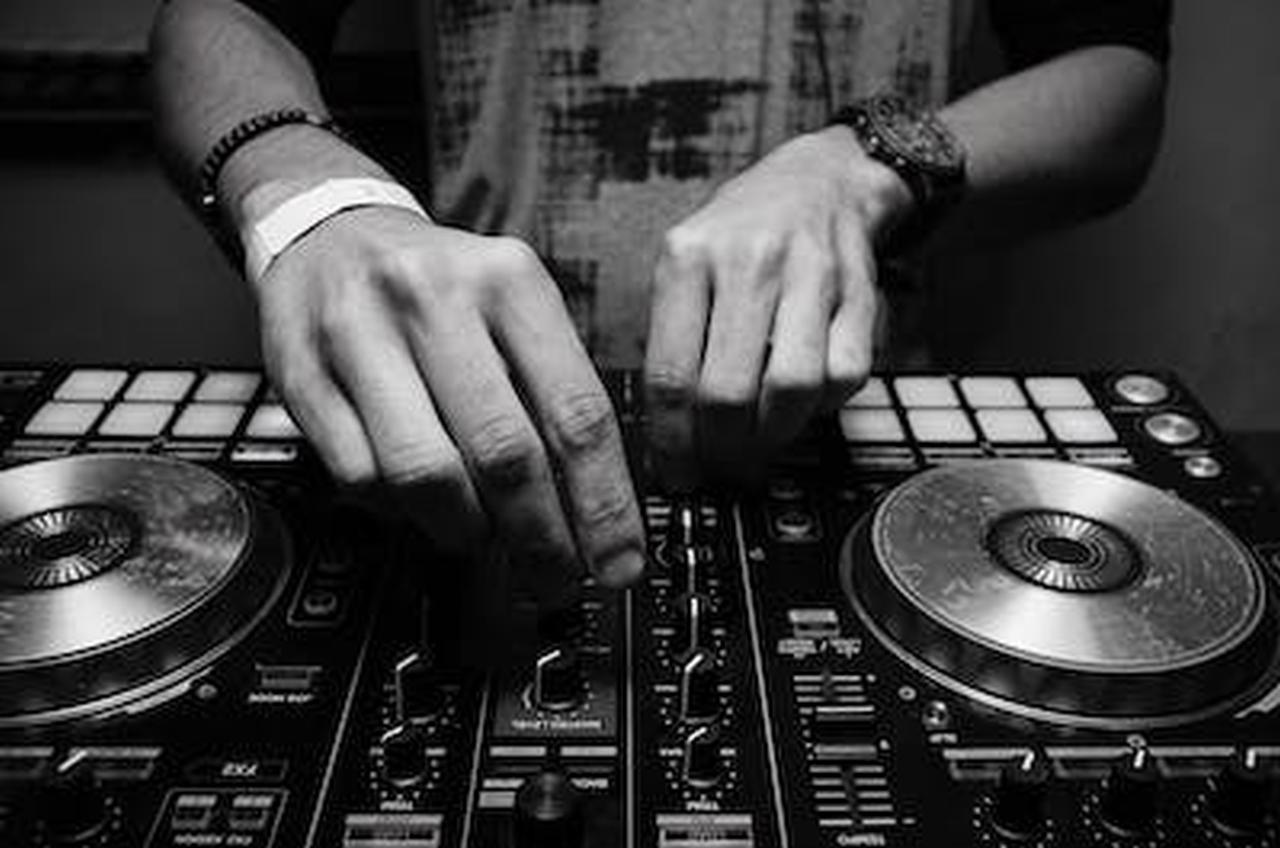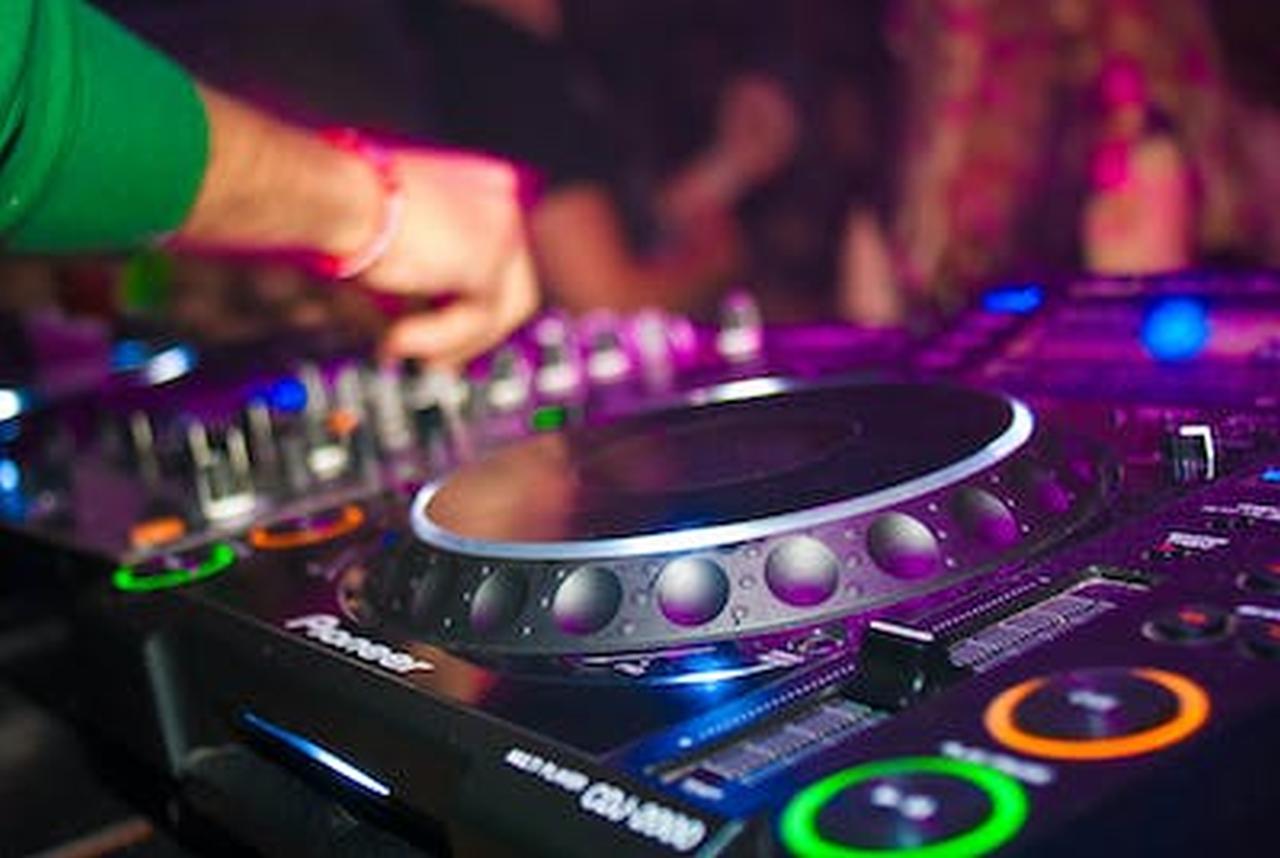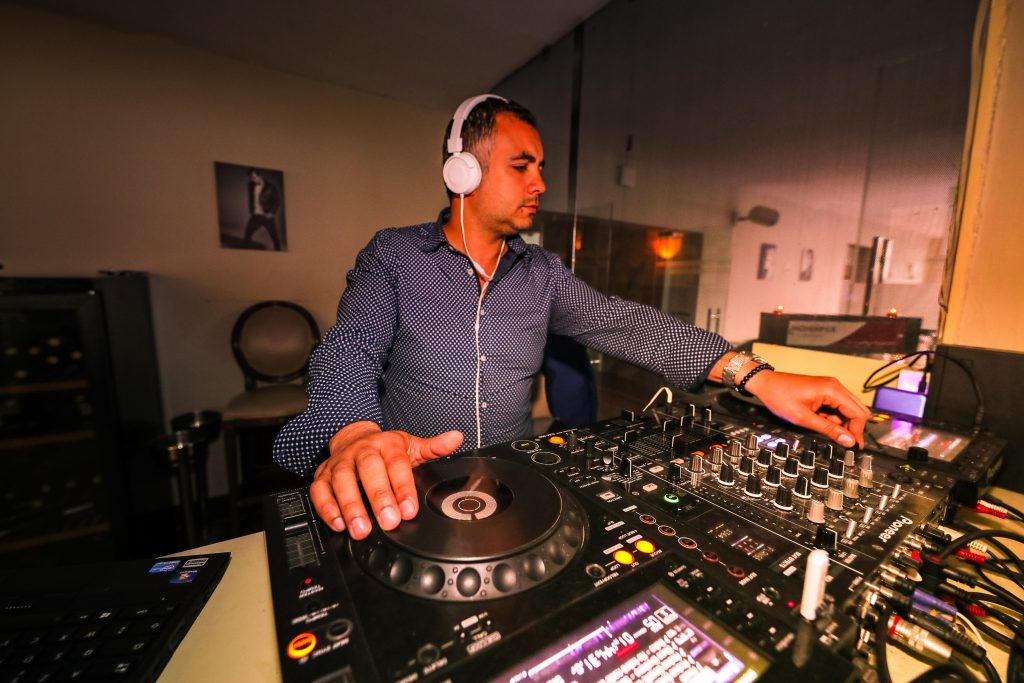The modern DJ has become a prominent figure in today’s music industry, often headlining major festivals and concerts. DJs are featured in large-scale events and places like the Las Vegas Strip, and they are frequently advertised as rock stars with billboards and major hotel residencies. But is DJing truly a viable career path?
DJing requires more than just a love for music; it demands knowledge of various genres, the ability to fuse them creatively, and an understanding of what makes an audience move. With the increasing number of alternative career paths available in recent years, people focus more on their passions when making life decisions.
DJing can be an exciting and rewarding career for anyone with a deep interest in music and performing live. But like any profession, it has advantages and challenges.
Let’s get straight to the point
DJing is a prominent and exciting career that offers creativity, live performances, and networking opportunities. While DJs can express their passion for music, it also requires a deep understanding of genres and audience engagement.
Financially, it can start with low earnings, but experienced DJs may earn more through regular gigs, and top DJs like Calvin Harris make millions. Challenges include high initial equipment costs, unpredictable income, fierce competition, and long hours.
Despite these obstacles, DJing can be a rewarding career if you are dedicated, build your skills, and adapt to industry trends.
Passion for Music: The Foundation of DJing

For those wondering if DJing is a good career, the first consideration should be a passion for music. DJs are not merely playing tracks but blending and creating unique experiences for the audience. In this profession, you can share your love for music with others while expressing your creativity through remixes and song selection.
- You Get to Express Creativity: One of the most fulfilling aspects of being a DJ is the creative freedom it offers. As a DJ, you are your boss. You get to decide the kind of music you play and how you fuse different genres. This freedom enables you to create something new, giving you a unique opportunity to stand out.
- Performing in Front of Live Audiences: Another crucial element of DJing is the interaction with live audiences. DJs are not just playing music; they are delivering performances. The crowd’s energy often dictates the flow of a DJ set, making it a collaborative experience between the artist and the audience. This ability to entertain live crowds adds another layer of excitement and fulfilment to the profession.
Does It Pay to Become a DJ?
The financial aspect of any career is often one of the first things people consider. While DJing offers many perks, the earning potential can vary significantly based on experience, skill, and reputation.
Melding Passion With Earnings
One of the most appealing aspects of DJing is the possibility of turning a passion for music into a career. Doing something you love for a living can lead to higher job satisfaction and reduced stress. However, it’s important to have realistic expectations regarding income.
- Initial Earnings: At the beginning of your DJ career, you may have to take smaller gigs, often with lower pay. Many new DJs start by performing at private events such as weddings, birthday parties, and corporate events. These gigs provide valuable experience, but they may not always pay well.
- Earning Potential for Established DJs: As you gain experience, your earnings can increase. Well-known DJs often perform at high-profile venues and events, and their pay reflects their reputation and popularity. DJs with contracts with clubs can earn around $30,000 annually, while freelance DJs working multiple gigs can earn between $25 and $100 per hour.
The Perks of Being a DJ
Aside from the financial rewards, there are several other benefits to pursuing a career as a DJ.
- Freedom and Flexibility: DJs often enjoy flexible work hours. Since gigs usually occur at night or during weekends, there’s room for other pursuits during the day. Additionally, being your boss allows you to set your schedule.
- Networking Opportunities: DJing is not just about the music; it’s also about connecting with people. Whether playing at a small club or a large festival, you’ll meet people from all walks of life. Networking can open new opportunities, including collaborations, bookings, and sponsorship deals.
- Creative Freedom: You can experiment with different sounds and styles as a DJ. Audiences appreciate DJs who bring their unique style to the table, and this allows you to express yourself creatively.
Challenges and Drawbacks of DJing
While DJing can be a rewarding career, it has challenges.
Financial Challenges
- Initial Investment: Starting a career as a DJ requires a significant investment in equipment. A high-quality DJ setup can cost several thousand dollars. Equipment like turntables, speakers, mixers, and laptops are essential for any DJ; maintaining these gear can also be costly.
- Unsteady Income: DJs' earning potential can be unpredictable, especially for those just starting out. Many DJs work as freelancers, which means their income can fluctuate based on the number of gigs they get. Building a steady client base and securing regular bookings can take time.
Professional Challenges
- Building a Reputation: Success in DJing often depends on reputation and networking. You’ll need to consistently deliver high-quality performances and build a following. to make a name for yourself. This can take time and effort, especially in competitive markets.
- Travel and Long Hours: Being a DJ often involves travelling, sometimes long distances, to get to gigs. This means lugging heavy equipment, dealing with late nights, and balancing time on the road with personal commitments. Travel can also lead to exhaustion, especially for DJs who perform at multiple venues within a short time frame.
- Competition and Saturation: The DJ industry is highly competitive. With the rise of digital technology, almost anyone can learn the basics of DJing. As a result, there is a high level of competition, and standing out in a crowded market can be difficult.
What Does It Take to Be a Successful DJ?

Being a successful DJ requires more than just technical skills. Here are some key qualities and skills essential for a thriving DJ career.
Strong Musical Knowledge
DJs need to deeply understand music genres, rhythms, and how to mix tracks smoothly. A strong music library is crucial. Many DJs build their libraries over time, purchasing tracks from online platforms like Beatport. While this can be expensive, having a diverse collection of high-quality music is essential for creating a compelling set.
Ability To Read The Crowd
A DJ’s job is not just to play music but to read the room and adjust the energy based on the crowd’s mood. Selecting the right tracks at the right time is crucial, whether the audience wants to party or relax. Successful DJs know how to create a vibe that resonates with their audience.
Marketing And Networking Skills
In today’s digital age, DJs need to market themselves effectively. Building a strong social media presence and networking with other professionals in the industry can help increase bookings and visibility. DJs must stay current with music trends and new technology to remain competitive.
The Realities Of DDJPay: What Can You Expect?
While the idea of making a living from DJing can be appealing, it’s important to understand the financial realities of the profession.
- Entry-Level DJs: Most new DJs earn around $17,000 annually, which may not be enough to cover living expenses. However, with persistence and dedication, DJs can increase their earnings by gaining experience and reputation.
- Experienced DJs: DJs who secure regular gigs or club residencies can earn closer to $30,000 per year. Those who work as freelancers may earn more, depending on how many gigs they perform.
- Top DJs: The most successful DJs, like Calvin Harris and Tiesto, earn millions of eyearlythrough performances, music sales, and collaborations. However, reaching this level of success requires years of hard work, networking, and skill development.
Conclusion
In conclusion, DJing can be a fulfilling and exciting career for those with a passion for music and a desire to perform. It offers the opportunity to express creativity, connect with diverse audiences, and enjoy a flexible lifestyle. However, it also comes with challenges, including financial instability, competition, and the need for significant initial investment.
For aspiring DJs, success depends on dedication, skill development, and the ability to adapt to an ever-changing music industry. If you are willing to put in the time and effort, DJing can be a rewarding career path that allows you to share your love for music with the world.
FAQs About DJing
- Choose Your Medium and Build Your Music Collection.
- Learn About the Different Types of DJs.
- Study Some Basic DJing Skills.
- Explore the Various Software Tools Used by the Top Professional DJs.
- It's Expensive.
- You'll Play Tasteless Gigs.
- A DJ must be a “people person”
- The money isn't great.
- You might need a second job, even if you make it big.
- An exhaustive knowledge of music isn't optional.
- You won't necessarily be playing music that you like.

